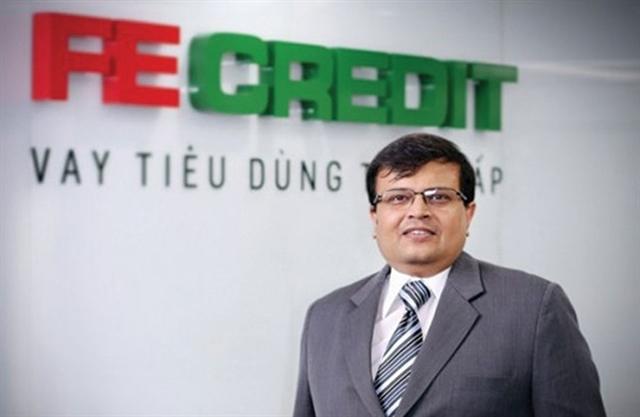Vietnam's privatization drive seen intact despite power firm's IPO flop
Vietnam's privatization drive seen intact despite power firm's IPO flop
Poor demand for the initial public offering (IPO) of Vietnam’s Power Generation Corp 3 was due to volatile markets and company-specific factors such as a high valuation, and should not derail the country’s privatization drive, analysts and investors said.
Exchange data showed on Friday the government sold just 0.36 percent of Vietnam’s second biggest generating company by installed capacity to raise around US$8 million, far short of its target to sell a 12.8 percent stake for $290 million.
However, market players said that was not a sign investors were turning their back on the privatization campaign of the fast-growing Southeast Asian country, but rather of this week’s global stock market sell-off and concerns about Power Generation Corp’s (EVNGENCO 3) debt, valuation, and coal-fired plants.
“It’s not the right market environment right now,” said Thomas Felix Baden, acting CEO at United Capital Management Company (UNICAP). “You also have a bit of a heavy balance sheet.”
Though EVNGENCO 3’s debt-to-equity ratio had fallen to 6.5 by September last year from 8.8 in 2016, analysts said debt remained a concern, particularly given the currency risk of its foreign loans.
Another worry was the fact that coal fuels about 40 percent of its electricity output, at a time when Vietnam’s coal output is falling and environmental concerns are rising.
Investors also cited a high valuation. Vu Thu Ha, a senior analyst at Ho Chi Minh City Securities, said the company’s prospective price-to-earnings ratio of 19 times compared with 15 for regional peers.
The IPO setback - following another for a rubber firm a week ago - contrasts with the $740 million raised in January from the sale of stakes in another electricity provider, an oil firm and a refinery.
“EVNGENCO 3’s IPO valuation is actually not that attractive, especially compared to the previous three,” said Nguyen The Minh, deputy research director at Saigon Securities Incorp, who deals with retail investors.
Other negatives were a shortage of investor funds after the previous IPOs and the upcoming Lunar New Year holiday, said Ho Chi Minh City Securities’ Ha.
Despite the setbacks, analysts and investors remain optimistic that future IPOs could go well, with the Vietnamese economy growing 6.8 percent last year - the fastest pace since 2010 - and its stock market climbing almost 50 percent in 2017.
Some 127 more IPOs are planned before 2020 after years of sluggish privatization activity, which had limited investors’ options in allocating money to Vietnam.
“That has changed now, with many funds allocating money specifically for IPO deals,” said Saigon Securities’ Minh.
But it also means investors can be more choosy.
“They pick the nice cherries instead of just putting money into every IPO,” said UNICAP’s Baden, who recently moved from Hong Kong because he saw greater opportunity in Vietnam.






















